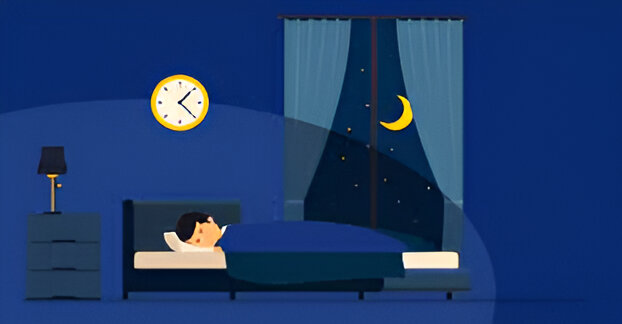Untreated Sleep Apnea Increases Your Risk of Heart Attack, Stroke, and Early Death. Discover Effective CPAP Alternatives Today.
Don’t Let Sleep Apnea Steal Years From Your Life
Restless nights aren’t just tiring. Untreated snoring and sleep apnea slowly destroy your health. They put enormous strain on your heart, starve your brain of oxygen, and raise your risk of high blood pressure, heart disease, stroke, diabetes, Alzheimer’s, dementia and even early death. Every night you leave it untreated, the damage builds.
At Sleep Solutions, we provide proven, comfortable alternatives to CPAP. Our custom oral appliances and NightLase laser therapy are designed to stop the airway collapse that robs you of oxygen and silently wrecks your health.
Imagine waking up clear-headed instead of foggy, energized instead of drained, and free from the constant risk that poor sleep is eroding your heart, brain, and lifespan.
This is not just about sleeping better. It is about protecting your life, preserving your health, and preventing the devastating long-term effects of untreated sleep apnea.
Dr. Perry is a Diplomate of the American Board of Dental Sleep Medicine.
Tom’s Guide named her as one of the top 10 sleep experts in the world.
Dr. Perry’s expertise has also been featured in:
Booking a consultation with us is effortless, fast, and entirely free.
We designed the process to be simple and convenient. Your consultation takes just 30 minutes.
During that time, Dr. Perry will listen to your concerns, answer your questions, and create a personalized plan tailored to your health and goals. This one-on-one session is your chance to finally understand what’s happening with your sleep and discover safe, proven solutions that can protect your long-term health.
Poor sleep and untreated sleep apnea don’t just leave you tired they increase the risk of heart disease, stroke, diabetes, memory problems, and even shortened lifespan. Addressing it now can change the course of your health and your life.
Fill out the form below to unlock our booking calendar and reserve your consultation today. Spots are limited, and taking action now is the most important step you can make toward better sleep and better health.

Complimentary At-Home Sleep Studies
Curious about a sleep test but not thrilled about spending the night in a hospital? We’ve got you covered! At Sleep Solutions, we offer complimentary at-home sleep studies using Wesper, a innovative solution for diagnosing sleep issues from the comfort of your own bed. The Wesper test is a medically validated, two-night sleep study that delivers results comparable to a hospital-administered sleep test. With its advanced technology and convenience, you can gain valuable insights into your sleep health without disrupting your routine. Take the first step toward better sleep right from home!


